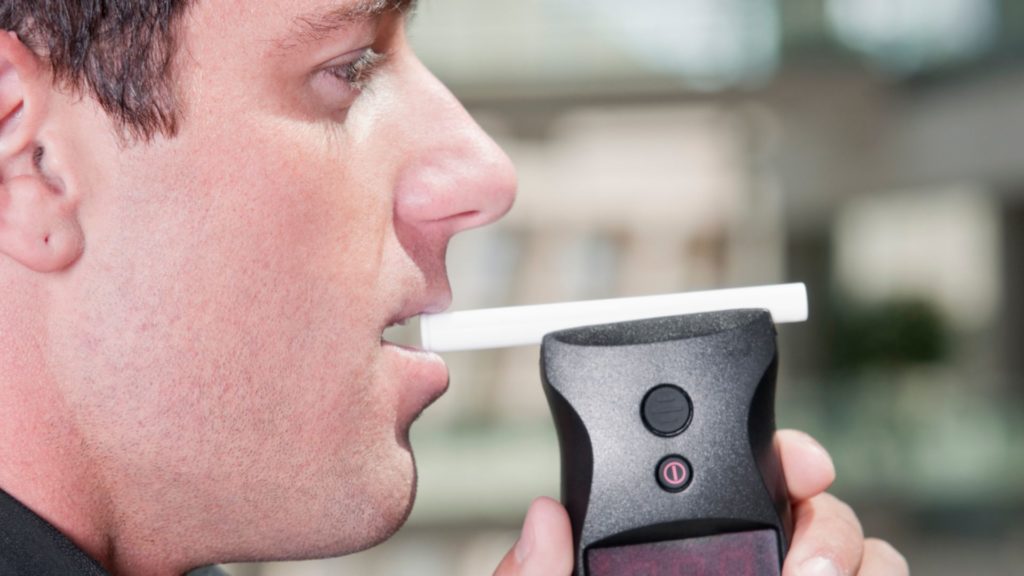When a driver is pulled over for a suspected DUI, it’s easy for them to panic. Drivers can accidentally say the wrong thing or act out in the heat of the moment. That’s why it’s so important that drivers know their rights when it comes to being stopped for a suspected DUI or DWI. In this article, McClintock Law wants you to know what your rights are as a driver if you are ever stopped for a potential DUI.
Key Takeaways:
When a driver is pulled over for a suspected DUI/DWI, it is important that they remember their rights.
- Fourth Amendment: A police officer is not allowed to search your vehicle without your permission, a warrant, or probable cause.
- Breath Analyzer: A driver should take a breath test if prompted, refusal means an automatic license suspension.
- Field Sobriety Tests: These are optional tests, and drivers should refuse to take them because they often further implicate the drivers.
- Right to an Attorney: As soon as possible, it is important that drivers contact a lawyer to help them process their DUI/DWI charge.
How Does the Fourth Amendment Protect me?
When a driver is pulled over for suspicion of driving while impaired, it is important to remember the rights provided by the fourth amendment. The fourth amendment states “the rights of people to be secure in their persons, houses, papers, and effects, against unreasonable searches and seizures.” This means that your car cannot be searched unless you give the police officer explicit permission. There are some exceptions to this rule. The police officer may search your car if they have probable cause or a warrant. Police officers can claim probable cause if they can clearly see evidence in the vehicle. Evidence can take the form of an open container, an open baggie, or any drug or alcohol-related paraphernalia. This is important information for every Illinois driver; a police officer cannot search your car without permission, a warrant, or probable cause.
Do I Have To Take A Breath Test?
If a police officer suspects a driver of driving under the influence, they will most likely ask him or her to take a breath analyzer test. In Illinois, if a driver refuses to take a breath test their license will automatically be suspended for at least one year. Drivers should know the law and understand the repercussions if they are asked to take a breath test in order to avoid the ramifications of refusal.
Do I Have To Take A Field Sobriety Test?
Field sobriety tests, unlike breath tests, are something that drivers can and may want to consider refusing to take if asked. Illinois drivers will not face legal consequences for refusing to comply. In fact, taking a field sobriety test is more likely to further implicate a driver rather than exonerate them. Even individuals who are sober can struggle to pass a sobriety test because the tests incorporate balance and equilibrium. It is important that drivers understand the differences between field sobriety tests and breath analyzers so they can understand before the stressful moment of sitting on the side of the road when, or if asked to take a field sobriety test.
What Does It Mean to Have The Right To An Attorney?
Upon being pulled over for suspected DUI/DWI, a driver should contact an attorney as soon as possible. An attorney will be able to protect a driver and their rights, as they deal with the charge placed against them. When charged with a DUI, knowledgeable, experienced lawyers can help mitigate the consequences quickly and effectively.
McClintock Law proudly serves Warren County, Illinois, and its surrounding areas. We recognize that a single moment does not define our clients, and we are committed to helping them succeed. We pride ourselves on providing the best legal advice and always prioritizing our clients. That’s why you should call now for a free consultation. Our number is (309)715-7181.





